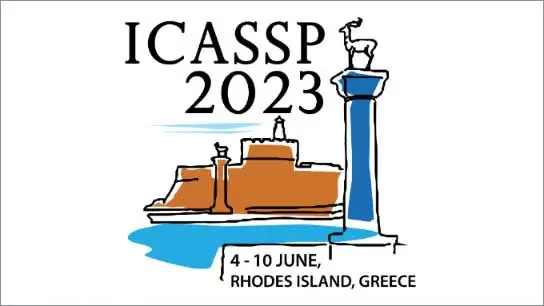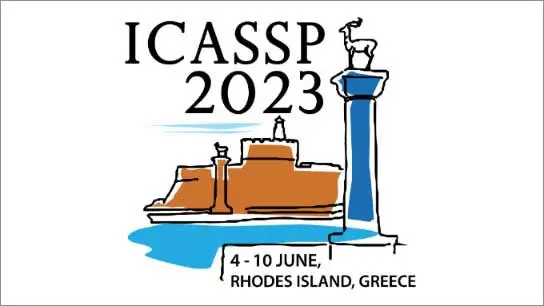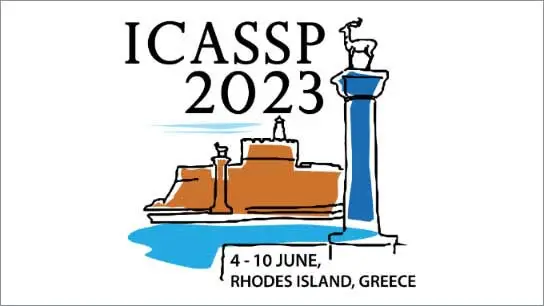Neural Source Coding for bandwidth-efficient brain-computer interfacing with wireless neuro-sensor networks
Thomas Strypsteen (KU Leuven); Alexander Bertrand (KU Leuven)
-
Members: FreeSPS
IEEE Members: $11.00
Non-members: $15.00
07 Jun 2023
Neural Source Coding (NSC) is a technique that exploits the
modelling power of (deep) neural network for the purpose of source
coding. Its goal is to transform the data into a space of low en-
tropy, where they can be coded by classic entropy coding schemes.
In this paper, our goal is to investigate the use of NSC in so-called
neuro-sensor networks, i.e., a type of body-sensor network consist-
ing of a collection of wireless sensor nodes that record brain activity
at different scalp locations, e.g., via electroencephalography (EEG)
sensors. All nodes wirelessly transmit their data to a fusion center,
where inference is then performed on the joint sensor signals by a
given deep neural network. The NSC parameters and inference net-
work are learned jointly, optimizing the trade-off between accuracy
and bitrate for a given application. We validate this method on a mo-
tor execution task in an emulated EEG sensor network and compare
the resulting trade-offs with those obtained by directly quantizing
the transmitted data to low-bit precision. We demonstrate that NSC
yields more favorable trade-offs than straightforward quantization
for very low bit depths and allows for large bandwidth gains at little
loss in accuracy on the investigated brain-computer interface (BCI)
task.



